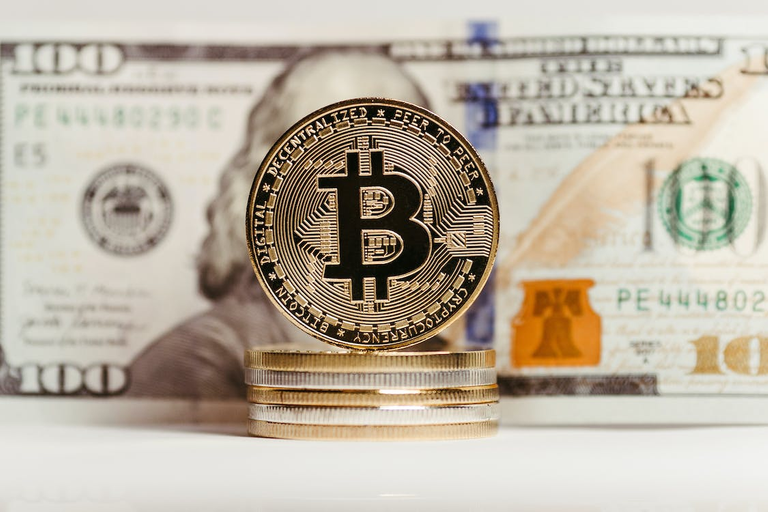The rise of the cryptocurrency market has given rise to a new conversation around the role of money in society. As more people explore the possibilities presented by digital currencies like Bitcoin, many are considering how this technology will impact issues of monetary oversupply, inflation, and scarcity.
To understand these dynamics, we must first consider the fundamental principles of economics that underpin our monetary system.

The inflationary phenomenon
Inflation is a phenomenon that occurs when the money supply increases faster than the amount of goods and services available for purchase. This can happen in a number of ways, including when central banks print large amounts of money, or when the government spends excessively on public programs. In either case, the end result is that the value of money decreases, causing the prices of goods and services to rise.
One way that Bitcoin stands apart from traditional fiat currencies is through its scarcity. Like gold, Bitcoin is a limited resource, and only 21 million coins will ever be created. This means that, unlike national currencies which can be created at will, the supply of bitcoins is fixed. This is an important distinction because it means that Bitcoin is resistant to inflation caused by monetary oversupply.
However, this does not mean that the value of Bitcoin is immune to fluctuations. In fact, the market for cryptocurrency is highly volatile, and the value of Bitcoin can swing dramatically in response to changes in demand. This is because the market for Bitcoin is relatively small and susceptible to manipulation by large investors. Despite this, the fact that Bitcoin's scarcity limits its susceptibility to inflation remains an appealing feature for many investors.

Cryptocurrencies beats inflation and despite the current bear market, it continues to become very attractive to investors from every point of view.
This is especially true in countries with unstable economies, where the local currency may be subject to hyperinflation. In these cases, the value of Bitcoin as a store of value can be particularly attractive. Additionally, Bitcoin can serve as a means of exchange even in the absence of traditional banking infrastructure.
This makes it useful for people who are unable to access traditional financial services, either because they live in remote areas or because they lack the necessary documentation for it.
So, since the issue of monetary oversupply, inflation, and scarcity is a complex one, and the rise of cryptocurrency has added a new dimension to the conversation. While Bitcoin's limitations as a currency are not fully understood, one thing is clear: the technology has the potential to reshape our understanding of money and the economy.

What did you think of my article? Do you consider it a relevant topic? If you have something to contribute about it, I invite you to leave it in the comments. Thank you.

Posted Using LeoFinance Beta




